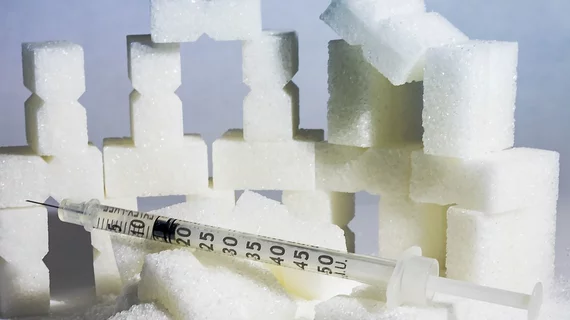FDA approves first rapid-acting insulin biosimilar for diabetes
The U.S. Food and Drug Administration (FDA) has approved a new biosimilar substitute for Novo Nordisk’s NovoLog, the rapid-acting insulin product used to treat adult and pediatric patients with type 1 and type 2 diabetes. It is the first rapid-acting insulin biosimilar, and third insulin biomarker overall, to gain FDA approval.
Insulin-aspart-szii is being sold by Sanofi-Aventis U.S. under the brand name Merilog. It is available as a 3-mL prefilled pen and as a 10-mL multiple-dose vial. This is the first rapid-acting insulin biosimilar, and third insulin biomarker overall, to gain FDA approval.
“The FDA has now approved three biosimilar insulin products to treat diabetes,” Peter Stein, MD, director of the Office of New Drugs in the FDA’s Center for Drug Evaluation and Research (CDER), said in a new statement. “Today’s approval highlights our continued efforts to improve the efficiency of the biosimilar approval process to help support a competitive marketplace and increase options for costly treatments, like insulin. Increasing access to safe, effective and high-quality medications at potentially lower cost remains a continued priority for the FDA.”
“For the millions of people who rely on daily injections of insulin for treatment of diabetes, having a biosimilar option for their rapid-acting insulin injection can truly make a difference, as biosimilar products have the potential to increase access to these life-saving medications,” added Sarah Yim, MD, director of the Office of Therapeutic Biologics and Biosimilars in the CDER.
Merilog is designed to be administered subcutaneously five to 10 minutes before meals. The FDA did warn that it can lead to certain side effects, including hypoglycemia, severe allergic reactions, hypokalemia, itching, weight gain and swelling.
NovoLog was part of the first wave of Medicare drug price negotiations under the Inflation Reduction Act. Last= August, the White House announced that its price had been reduced by 76%.

